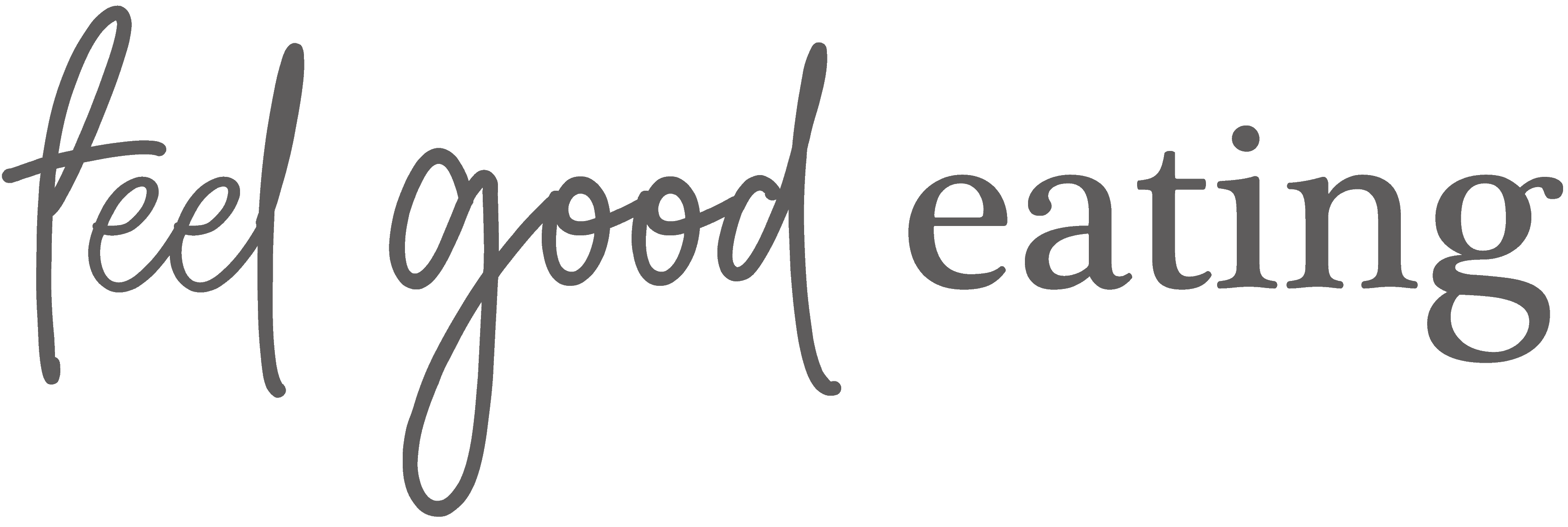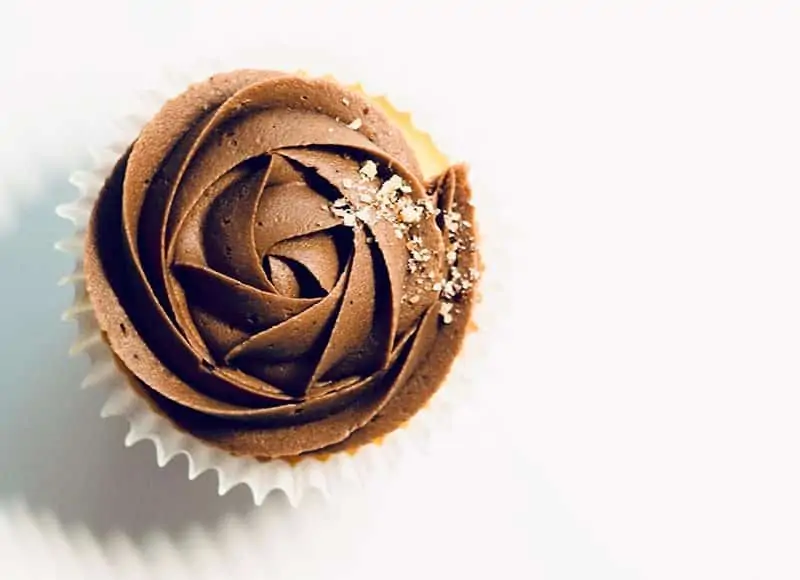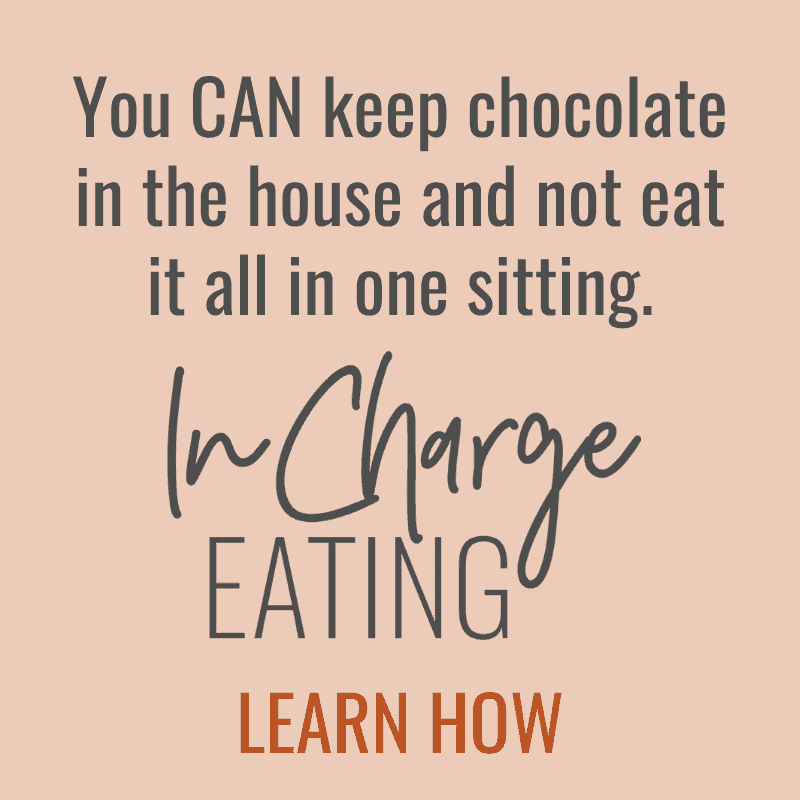Unconditional permission to eat is one of the hallmarks of an intuitive eater.
But what is it exactly?
It is often referred to as allowing yourself to eat whatever you want, whenever you want.
Unfortunately, the idea of “eat whatever you want, whenever you want” is often viewed through a diet mentality filter and so it is interpreted as being an irresponsible, “letting myself go” behaviour.
Which means, the experience can have a chaotic, disinhibited quality about it. Which understandably scares people off.
Eating what you want, when you want is only part of unconditional permission to eat.
True unconditional permission to eat is allowing yourself to eat the thing that you have chosen with no-strings-attached.
how are the two different?
Telling yourself you are allowed to eat a food is fine, allowing yourself to then ACTUALLY eat the food is even better, but after having done all of that; if you feel guilty or bad for eating the food, or if eating the food comes with rules, then your permission comes with conditions. There are strings attached to the permission.
Some examples of permission that is conditional include:
- “I eat ice cream when I go out, but I cannot keep it in the house”
- “I eat chocolate, but it has to be dark chocolate”
- “I am allowed chocolate, but only 1 row”
- “Yeah I eat dessert, but I make sure it is healthy; like yoghurt and fruit”
- “I’ve been giving myself permission to have pizza, but I never more than two slices”
- “I let myself have that piece of birthday cake, but then I went on a really long walk afterwards”
If your permission has “I’m allowed <insert food>, but….” It is not unconditional.
Unconditional permission means that on the metaphorical buffet table is EVERY. SINGLE. FOOD. POSSIBLE. and they are ALL equally allowed. But you get to choose which is the food that is going be the best match for what you want in the moment.
That match taking into consideration things like:
- Hunger
- Appetite
- Your tastebuds
- Your finances
- What you have access to
- Time
And in the moment, you may consider one or more, or none of these things when attempting to make a match. Sometimes, unconditional permission to eat is just eating a food because you want to. End of story.
In reality, you are not what you eat. What you eat food has no bearing on who you are as a person or your self-worth. Practising unconditional permission to eat all food helps to remove the charge from food and allows you to create distance between what you eat and how you see yourself as a human.
References
Tylka, Tracy L. “Development and psychometric evaluation of a measure of intuitive eating.” Journal of Counseling Psychology 53.2 (2006): 226.


 Hi! My name is Nina.
I’m a Certified Intuitive Eating Counsellor taking the ‘diet’ out of Dietitian. I am here to help you reject diet culture, tune into your body’s own inner wisdom about how to truly nourish yourself and ultimately feel good eating™
Hi! My name is Nina.
I’m a Certified Intuitive Eating Counsellor taking the ‘diet’ out of Dietitian. I am here to help you reject diet culture, tune into your body’s own inner wisdom about how to truly nourish yourself and ultimately feel good eating™ 
